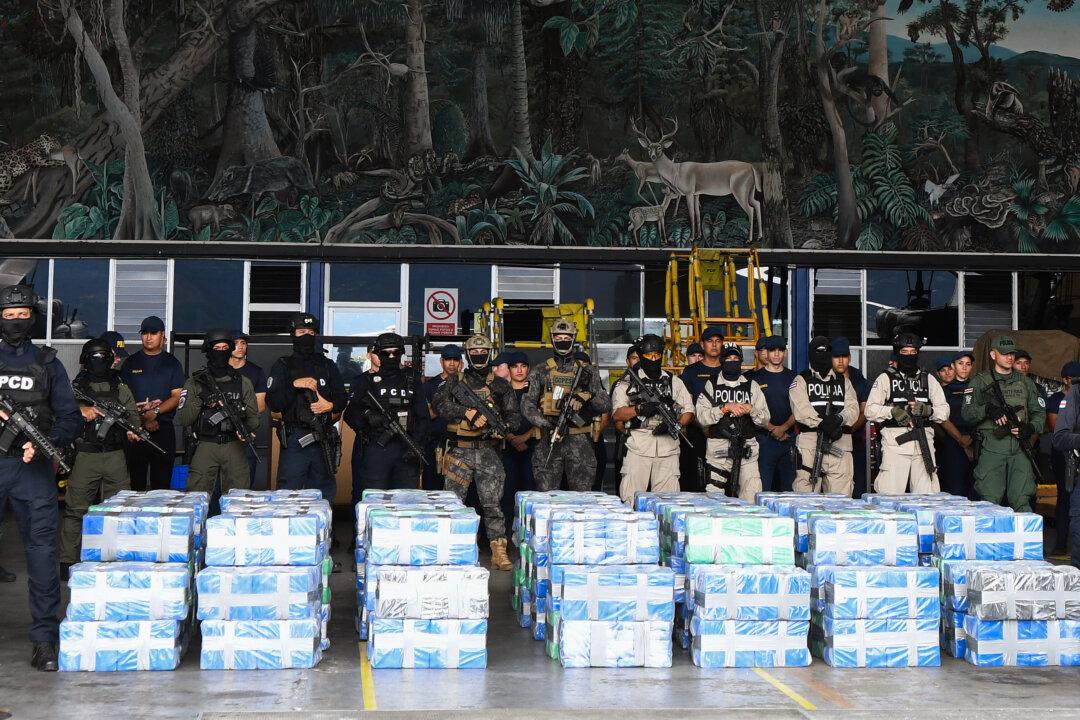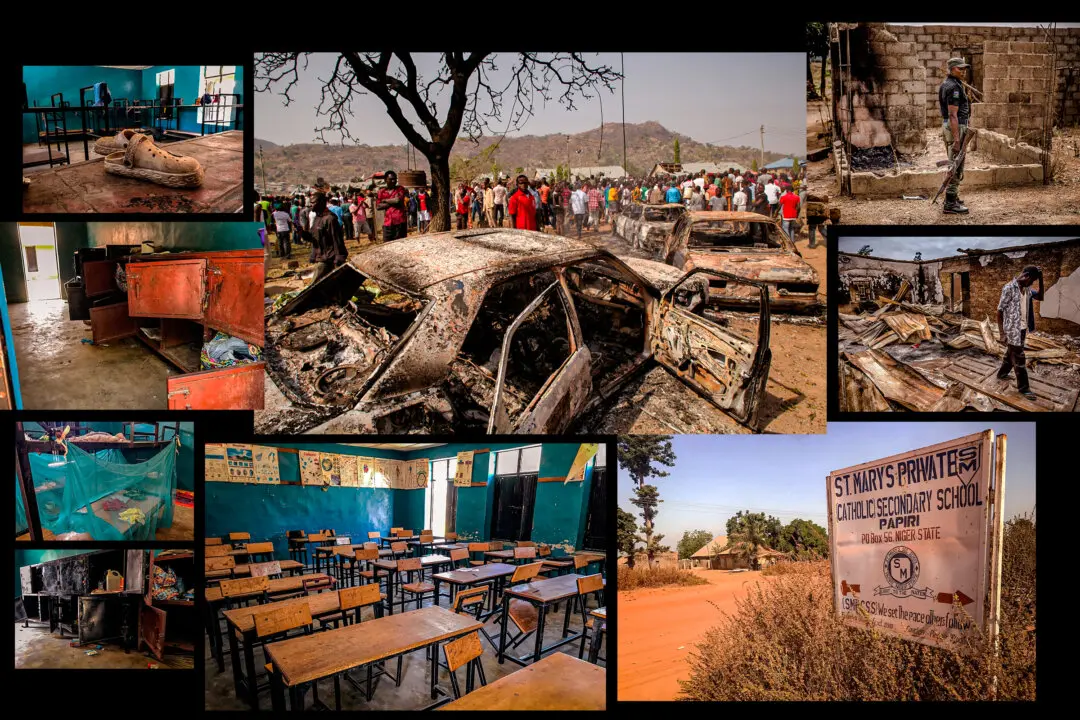The Los Angeles Police Department (LAPD) last week announced the arrest of two individuals accused of selling narcotics within a homeless encampment. The suspects allegedly had been running an operation out of a recreational vehicle (RV) parked next to the encampment, in an area of Westlake that’s “well known” for drug-related crimes, according to the LAPD’s Rampart Division.
Late last month, a series of search warrants led police to the RV, where they seized $147,987 in cash, cocaine, and a handgun.





